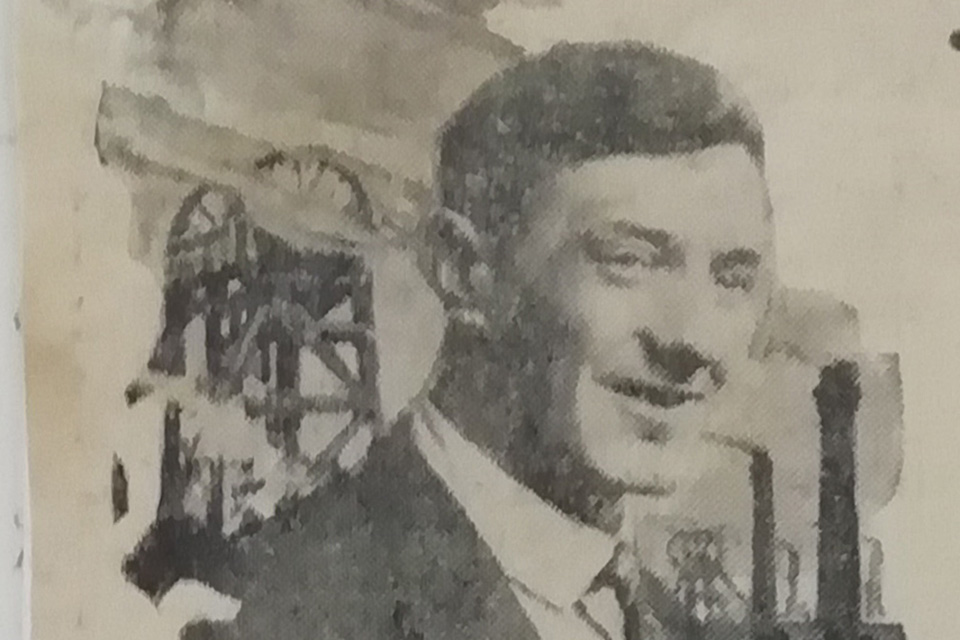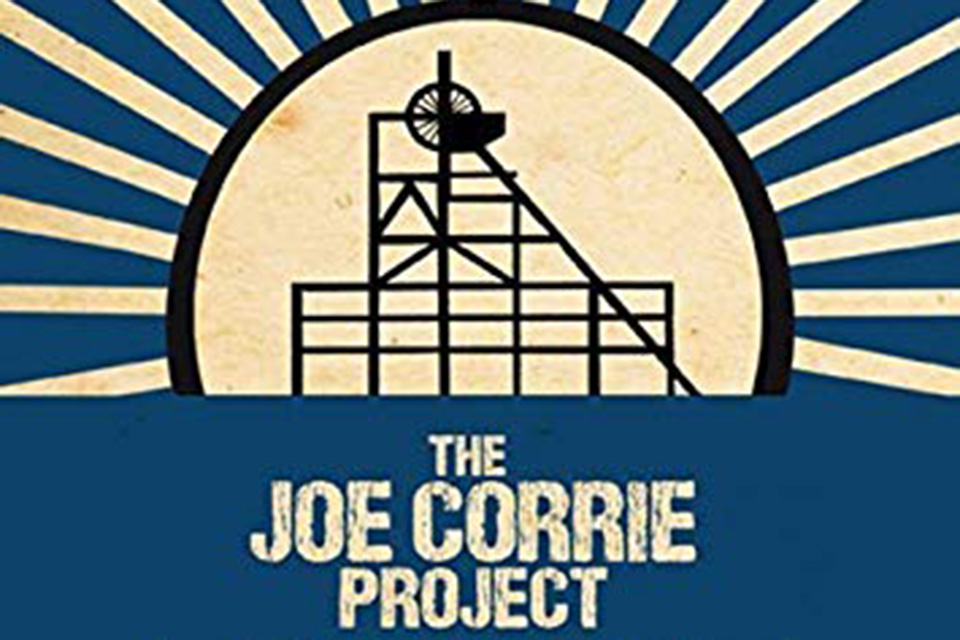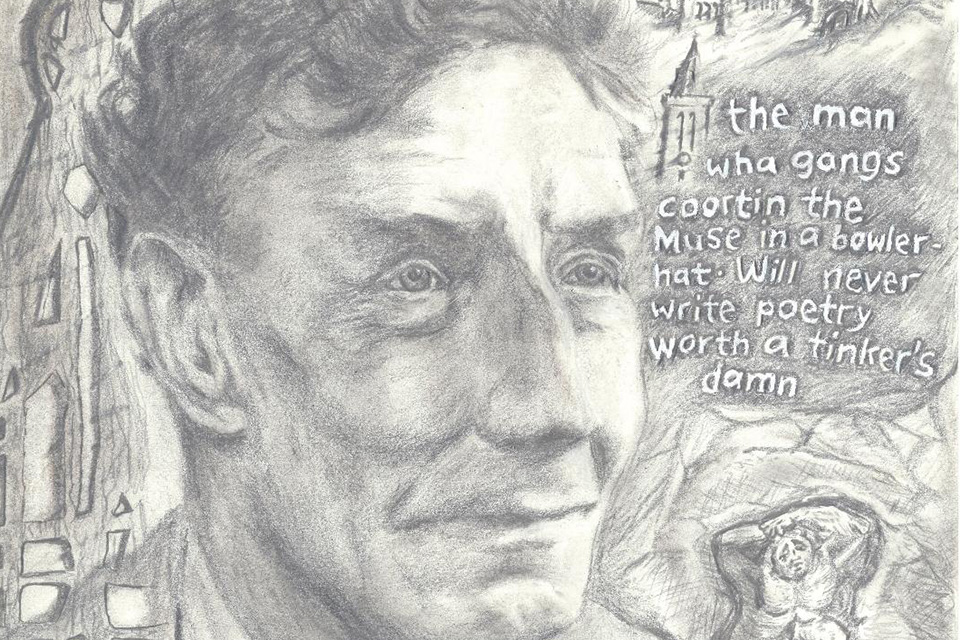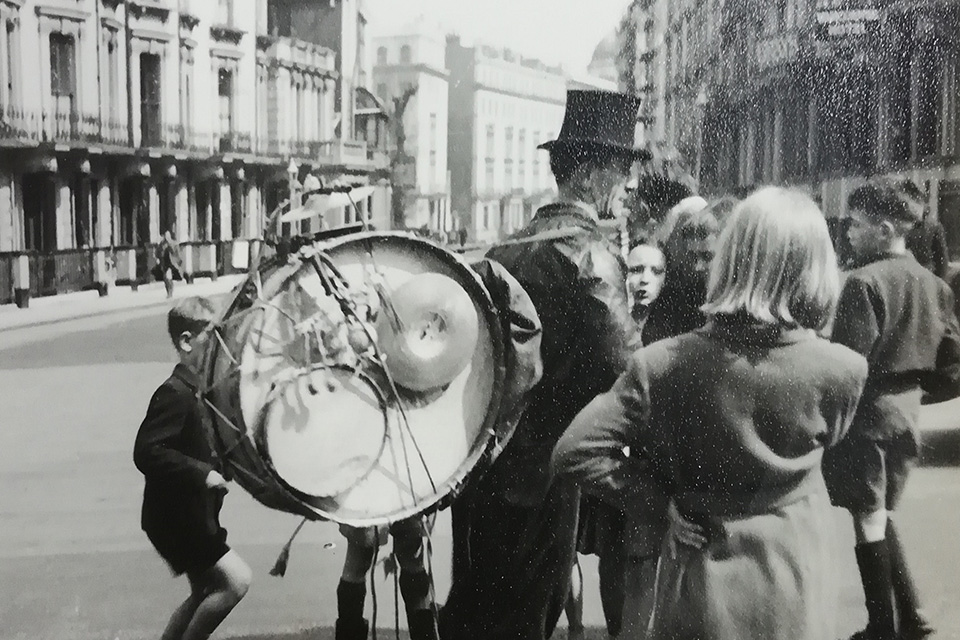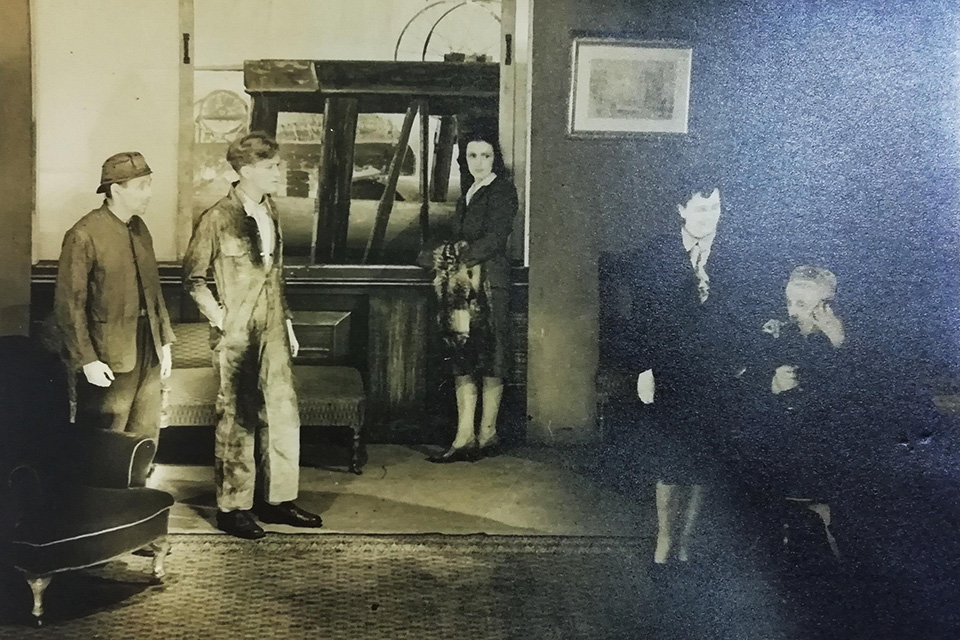The Joe Corrie Anniversary Conference
On 3 October 2018, a conference marking the 50th anniversary of the death of Joe Corrie was held in St Andrews’ Byre Theatre. This interdisciplinary event brought together poets, playwrights, historians, and scholars of literature.
The first presentation, ‘Joe Corrie’s Bairns’, was given by Willie Hershaw, a Scots poet and retired teacher from Lochgelly, who insisted on Corrie’s living legacy and the role his works can play in the curriculum of Scottish secondary schools. Following this, Dr. Tom Hubbard (Szechenyi Academy of Arts and Letters, Budapest), situated Corrie in an international context, comparing his work with that of French novelist Emile Zola (the author of Germinal) and English modernist D.H. Lawrence. A similar approach to Joe Corrie was taken by Dr. Gavin Bowd (School of French, University of St Andrews) and Dr. Anindya Raychaudhuri (School of English, University of St Andrews), who contrasted Corrie’s work, especially In Time o’ Strife and Colour Bar, to the canon of working-class and socialist literature in Britain and Europe. They both concluded that Corrie, despite his political conviction, avoided hackneyed socialist propaganda. His plays, instead,

On another note, Sarah Leith’s (School of History, University of St Andrews) presentation, stressed Corrie’s involvement in the Scottish Folk Revival led Hamish Henderson and the Edinburgh People’s Festival during the 1950s. Corrie’s interest in the culture and language of Scottish working people was also evident in his radical interpretation of Robert Burns —as explained in Paul
The conference was also marked by an original contribution from playwright Zinnie Harris (School of English, University of St Andrews), Professor of Creative Writing at the University of St Andrews, who analysed the strength and weaknesses of Corrie’s, In Time o’ Strife, and highlighted ways of enhancing the play for directors willing to stage it in the future. Finally, the day was concluded by Prof. Robert Crawford (School of English, University of St Andrews), who offered a rich and illuminating analysis of Corrie’s poem, ‘The Image o’ God’.
Conference papers
In order to disseminate knowledge about Joe Corrie and facilitate further research, seven conference participants have produced a written version of their presentation. These are reproduced here and will also be published on open access by the University of St Andrews Library

